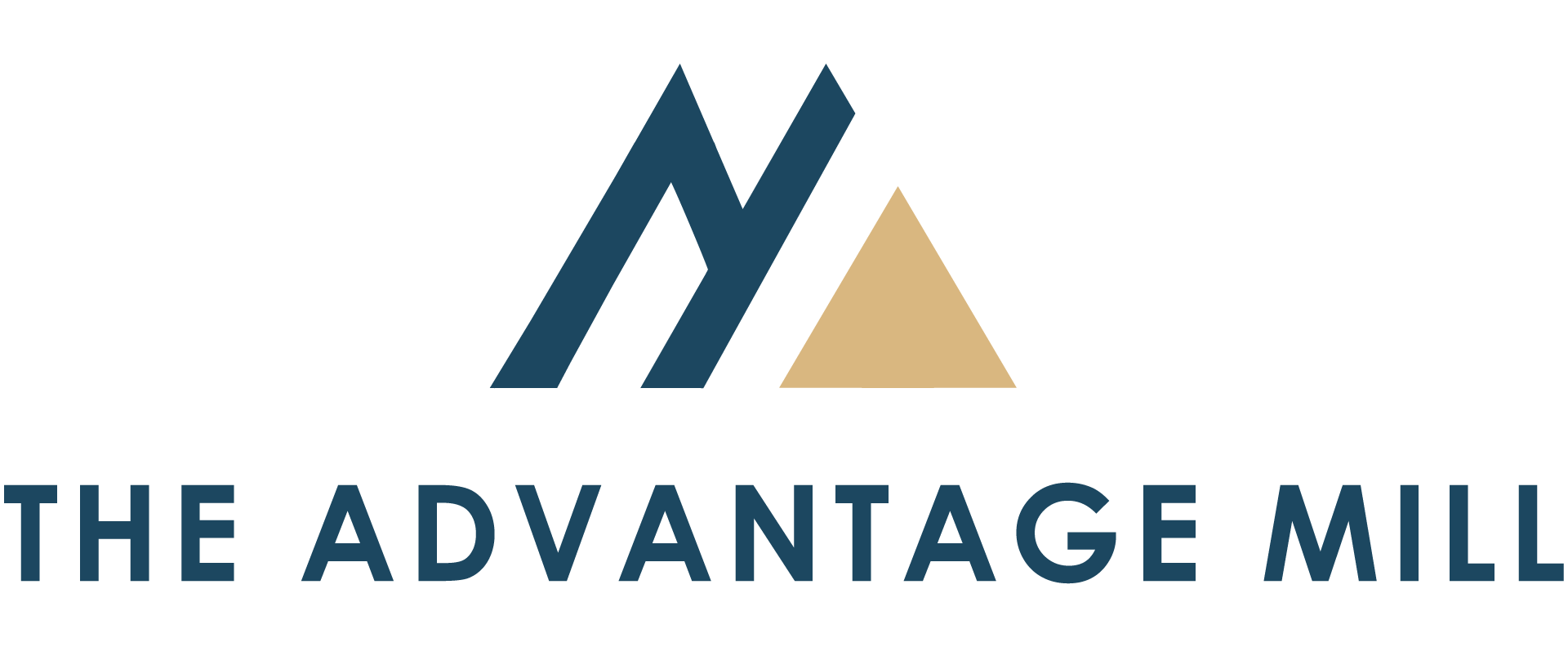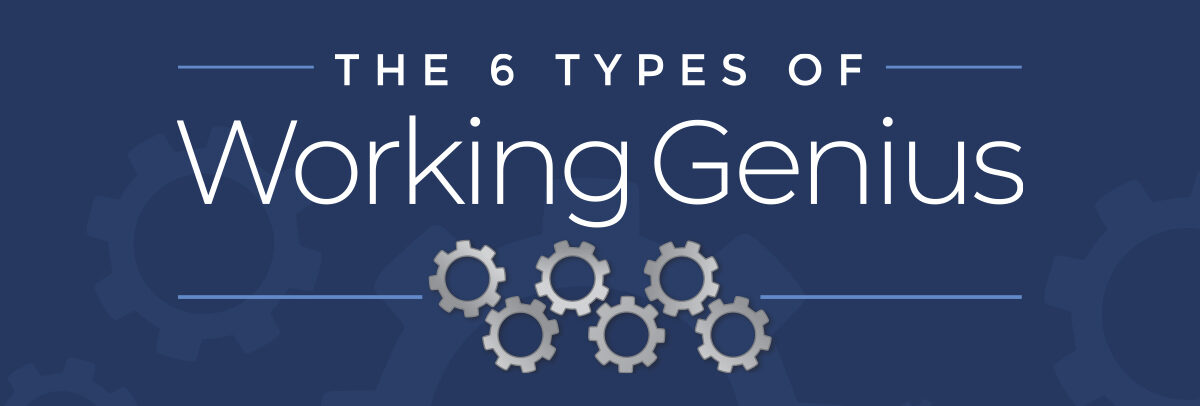Part 3 of 7 By Al Mills
Six Types of Working Genius: Invention
The Six Types of Working Genius uses the acronym WIDGET. Widget represents six categories of work that are necessary for almost any type of project. Usually, people discover that two of those categories really inspire and energize them. Read on to learn about the first category, Invention.
While Wonderers have a pretty high altitude look at any project or concept, Inventors get a little closer to the ground. When assessing Working Genius elements, it’s important to remember that the assessment reveals what you are likely good at, but certainly energized and motivated by. When we look at Inventors, we see people that are energized and motivated by creating new solutions and tools to get the project on the move.
For example, if a Wonderer asks how the organization can make a new product or improve an existing one, Inventors will begin to put legs on the idea. It could be something as simple as designing a new jig for a piece of equipment, or setting a new structure that facilitates better operations within an organization. In any case, the Inventor is responding to the wonderings of the Wonderer and providing an element of reality to the blue-sky wonderings that have been presented.
If you are an Inventor, opportunities to create new solutions will be exciting and fulfilling for you. In fact, if you knew your role would involve your Working Genius on a majority basis, Sunday nights will probably be absent the dread for the upcoming Monday morning. Imagine the freedom that comes with spending most of your working time doing things that are fulfilling and exciting for you.
Inventors also play a role in confirming the need for the changes that the Wonderer is envisioning. Wonderings are vital to the forward progress of any organization, but not all wonderings are productive. Inventors help see the legitimacy and reality of a new or improved direction. It sounds a bit like the next Genius, Discernment, but it is not the same. We will talk about Discernment next and will expand the discussion on that, but for now, Inventors play a role in legitimizing the new ideas of the Wonderer.
When a team is lacking Inventors, they experience a type of stagnation. An organization may wind up with minor reworks of old ideas, or simply recycling old ways and products. Innovation is lacking and without someone to put reality to new ideas the company can become mired down in its own success, or better said, they wind up resting on their laurels. The end result can be a loss of market share, or customer service. Imagine if technology organizations didn’t have Inventors. Cisco, Ubiquiti, Microsoft, and Apple would all fall behind their market competitors if they did not have inventors on their teams.
This applies structurally as well. We can all find examples in which bureaucracy has crippled, or stunted the agility of organizations. While a certain amount of policy and structure is crucial, Inventors who provide new and sleeker alternatives to company operations provide an invaluable service. Especially when a company can provide faster and more efficient service, operations, and research and development to their activities.
If your Working Genius assessment demonstrates that you are an Inventor find ways to live in this activity for a majority of your working time…you’ll find new energy and enthusiasm for your role!
Next: Discernment
Al Mills is the lead consultant and founder of The Advantage Mill, a company dedicated to bringing out the best in the workplace. You can find the website at www.theadvantagemill.com.

